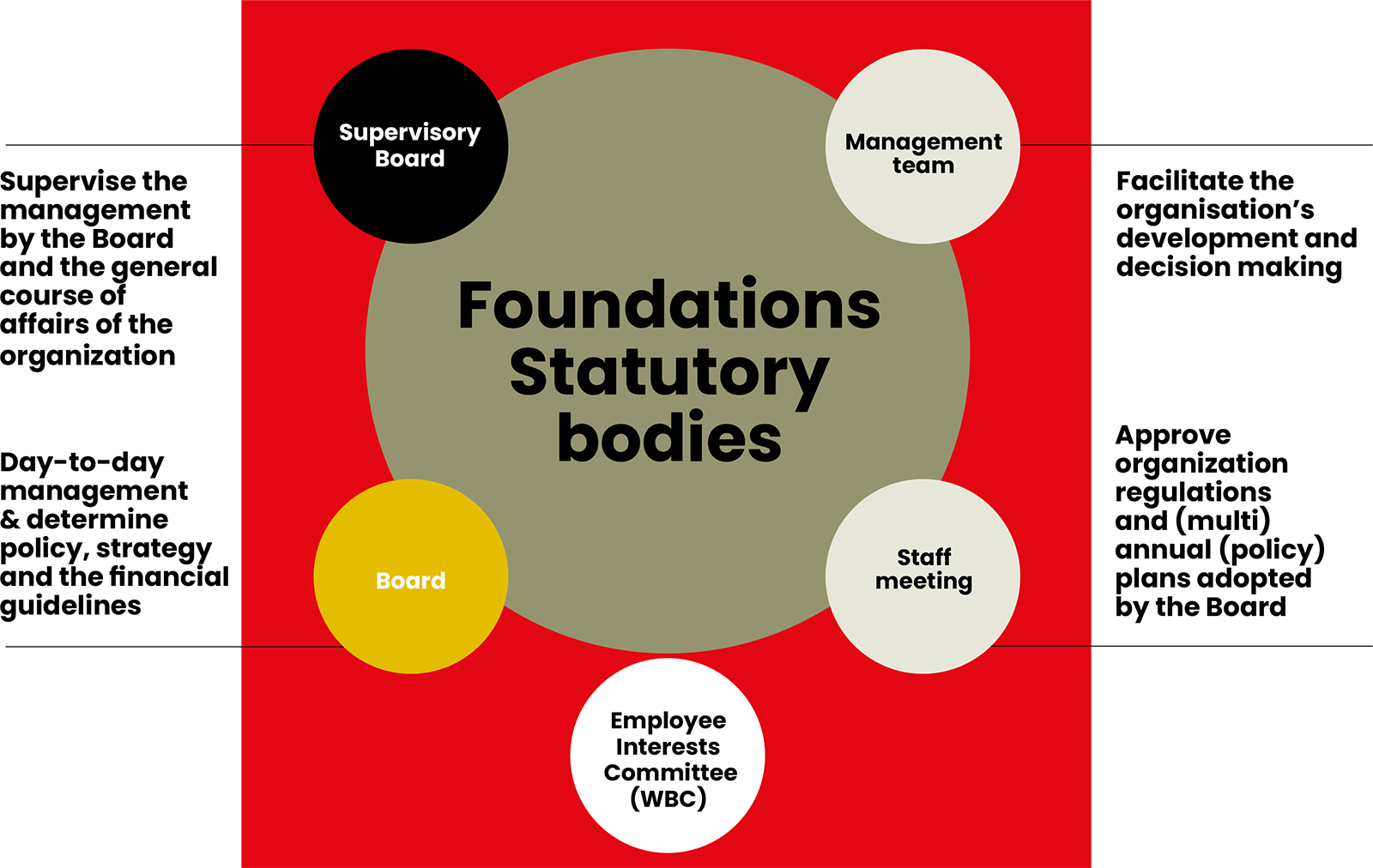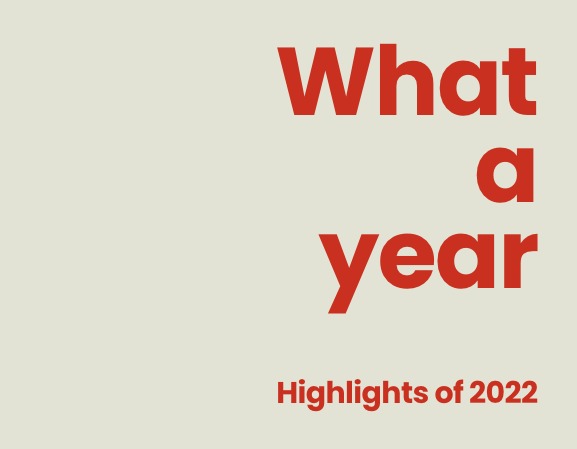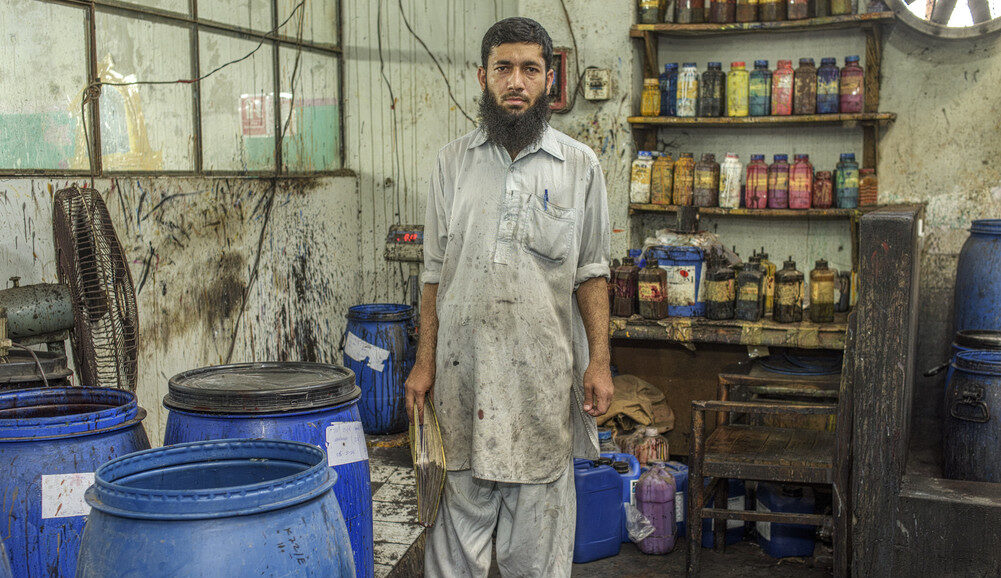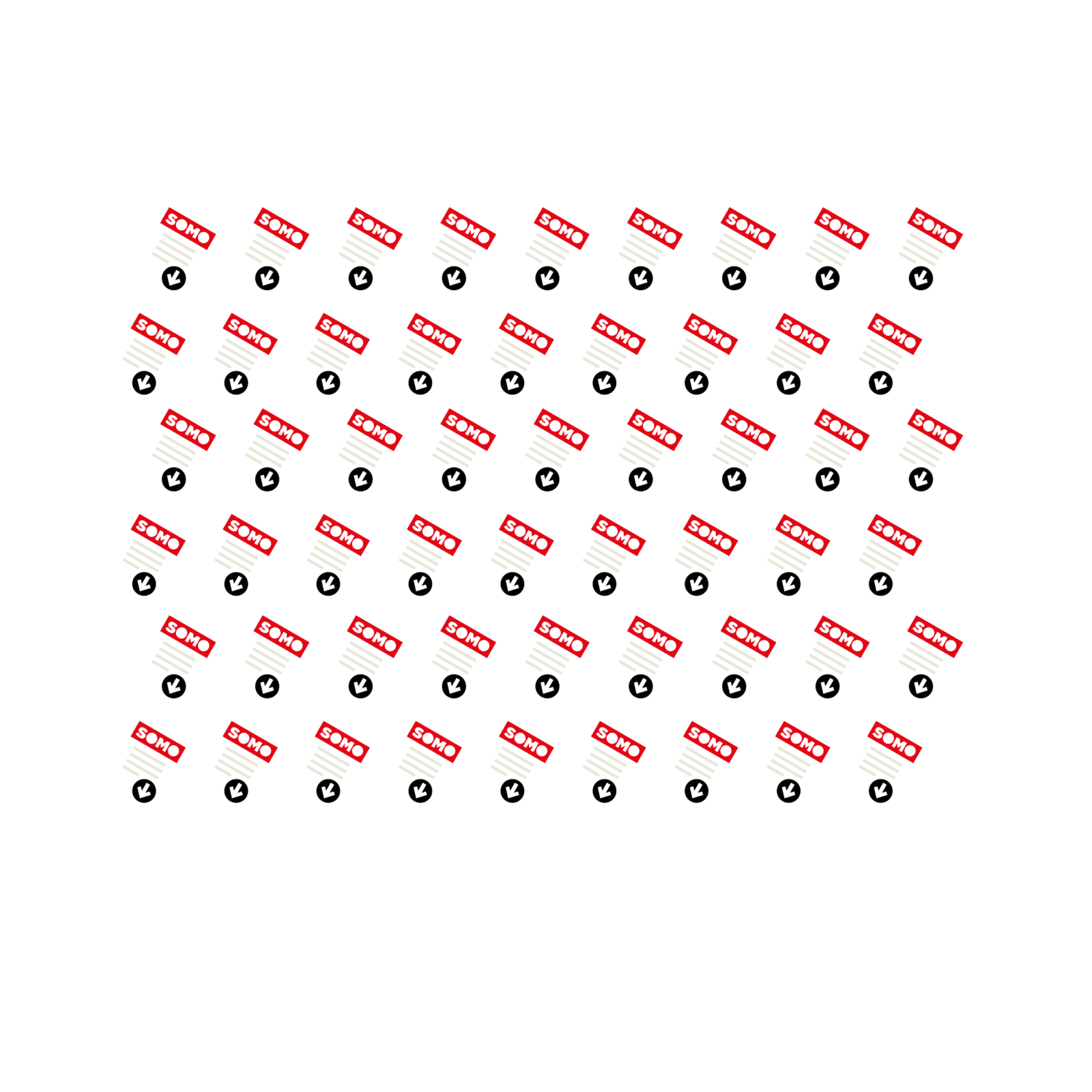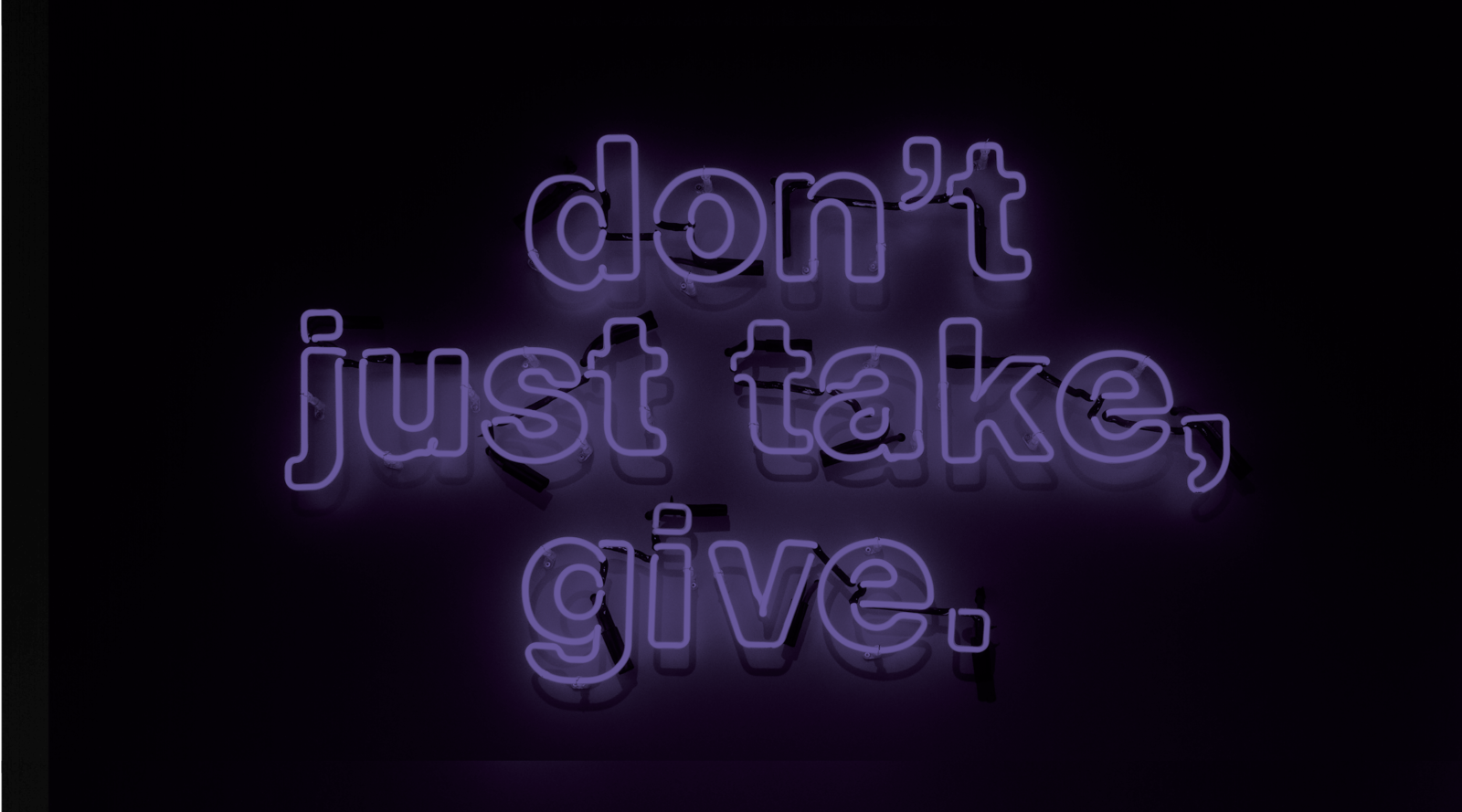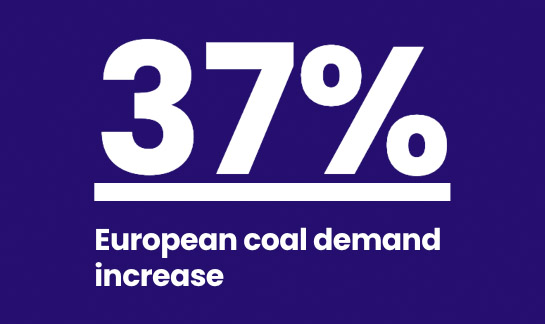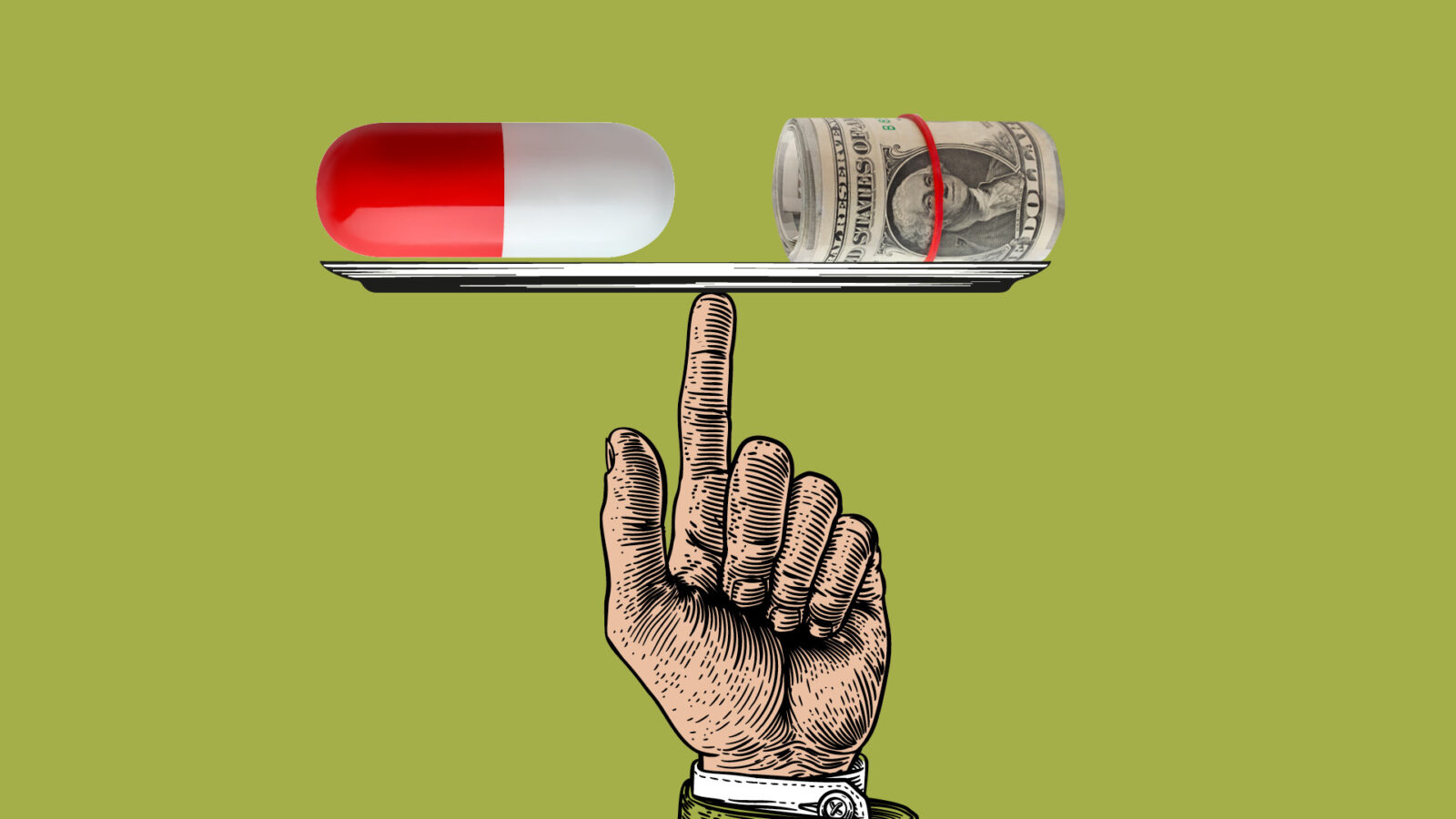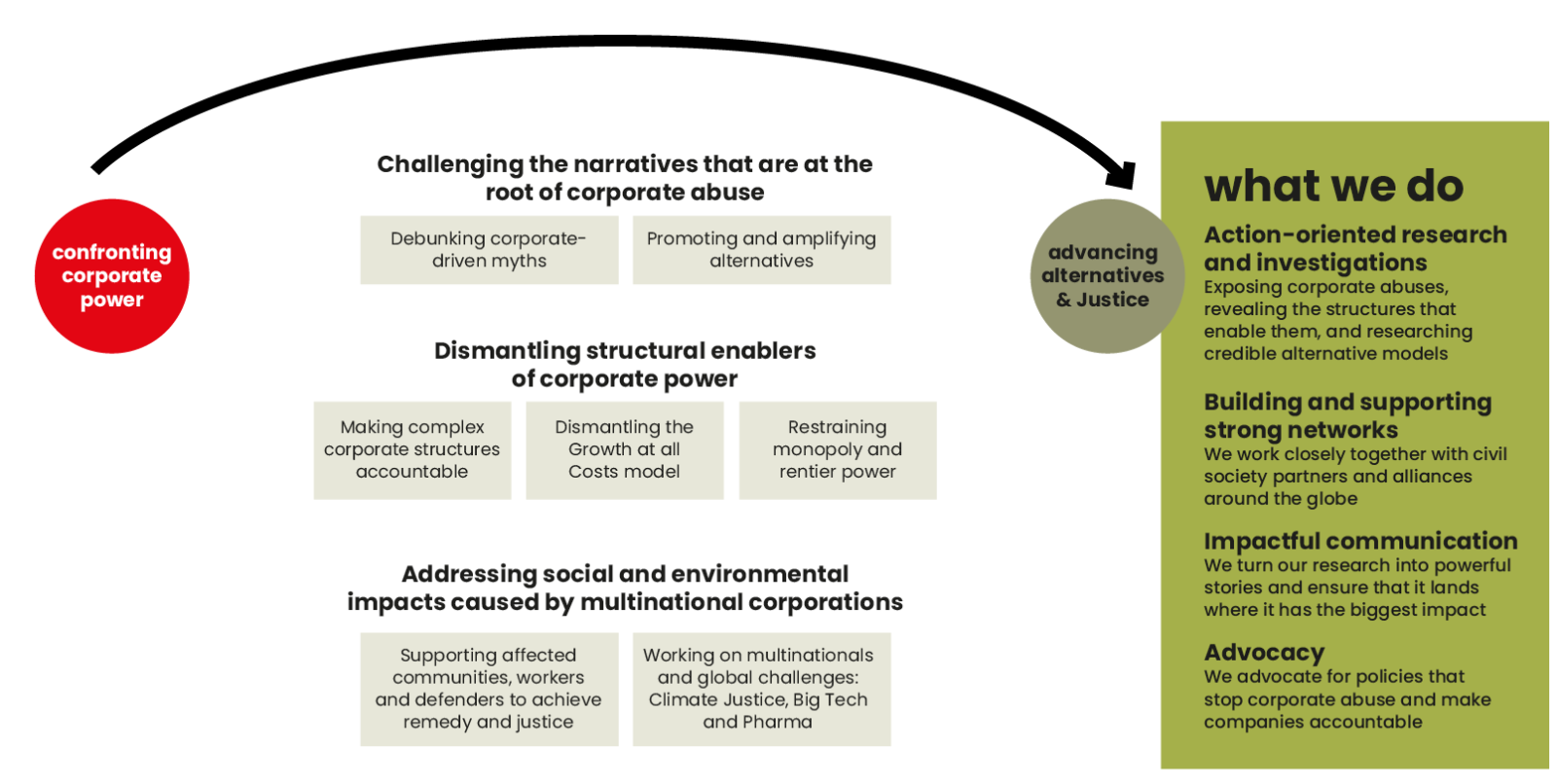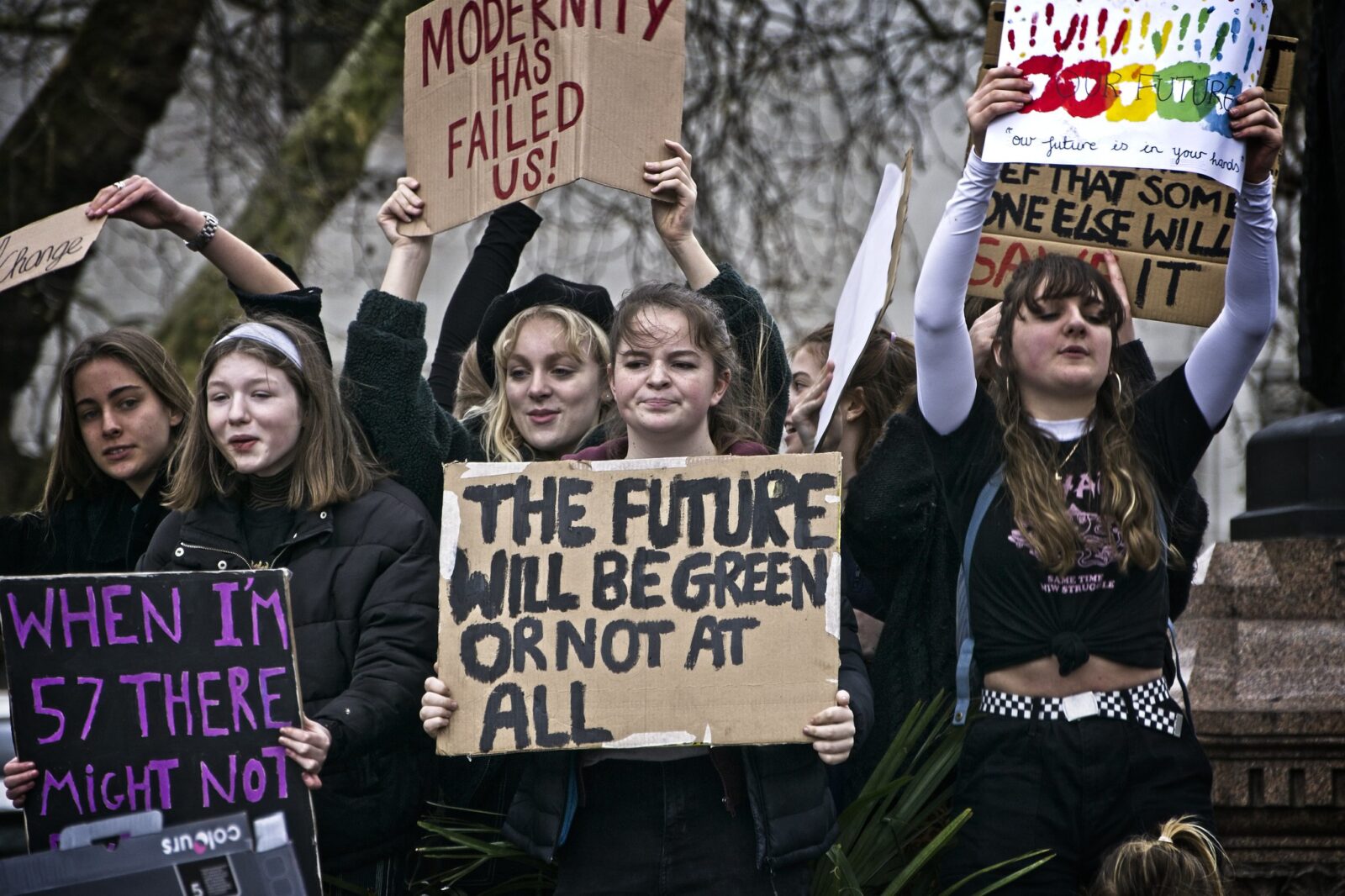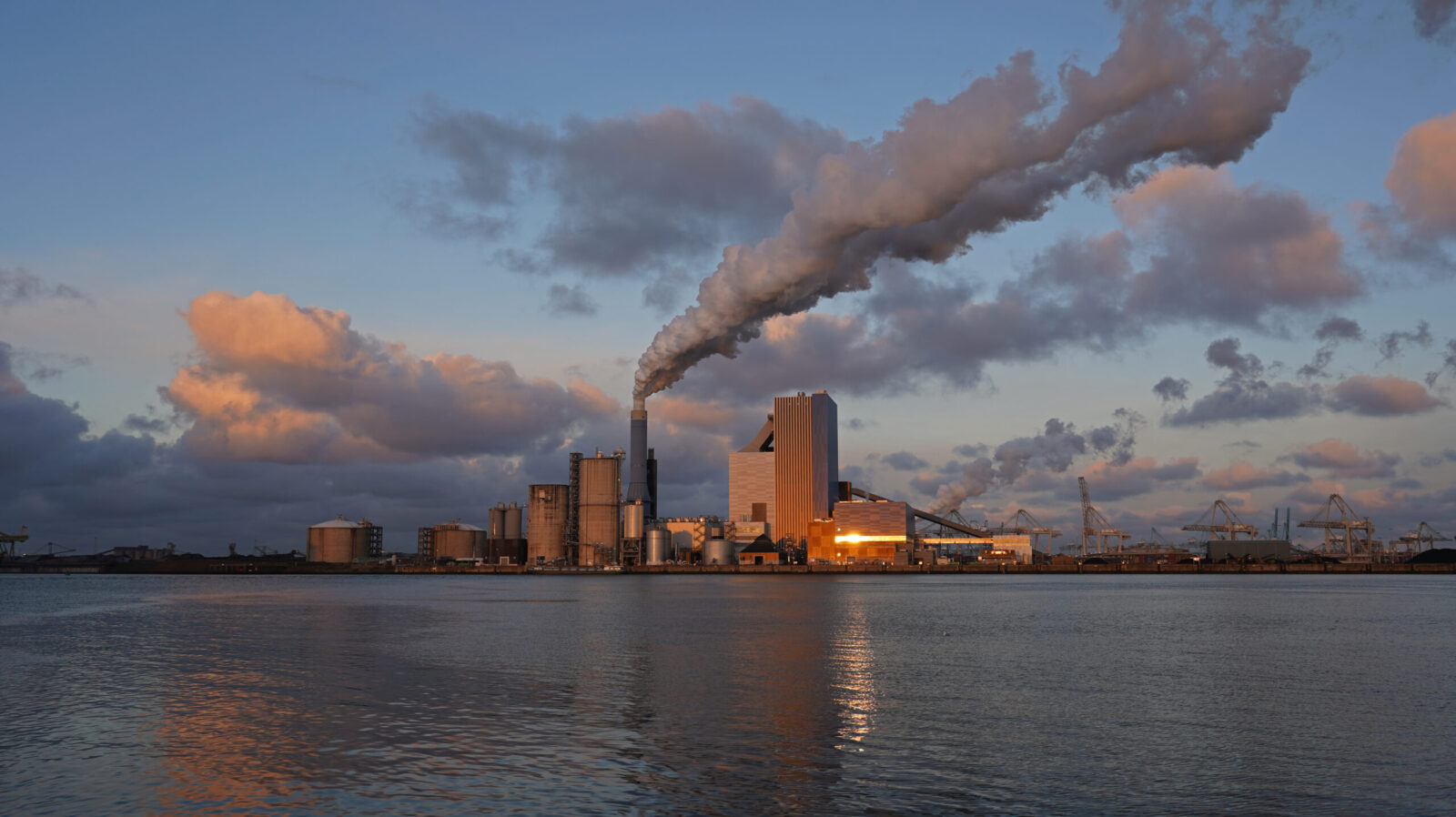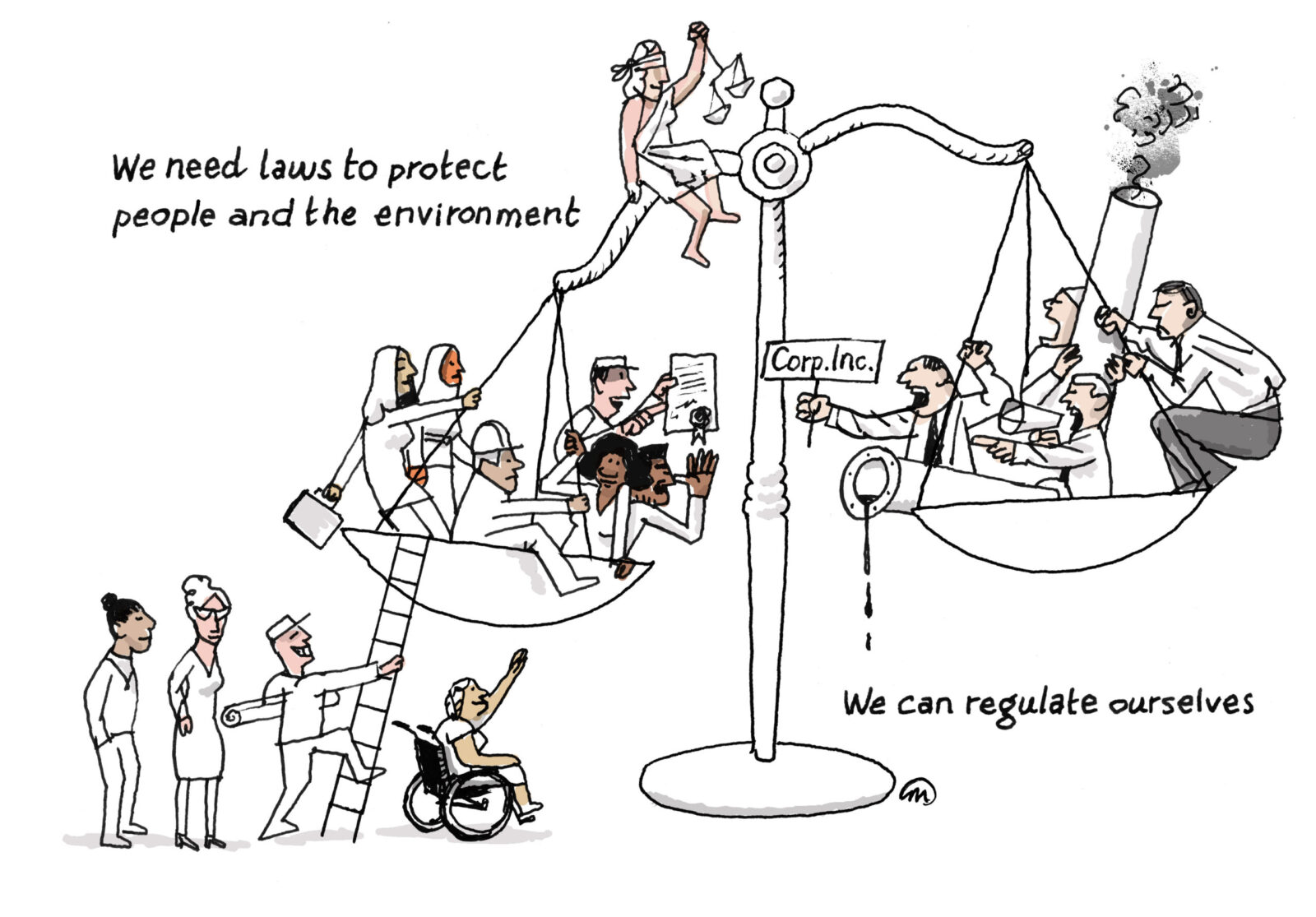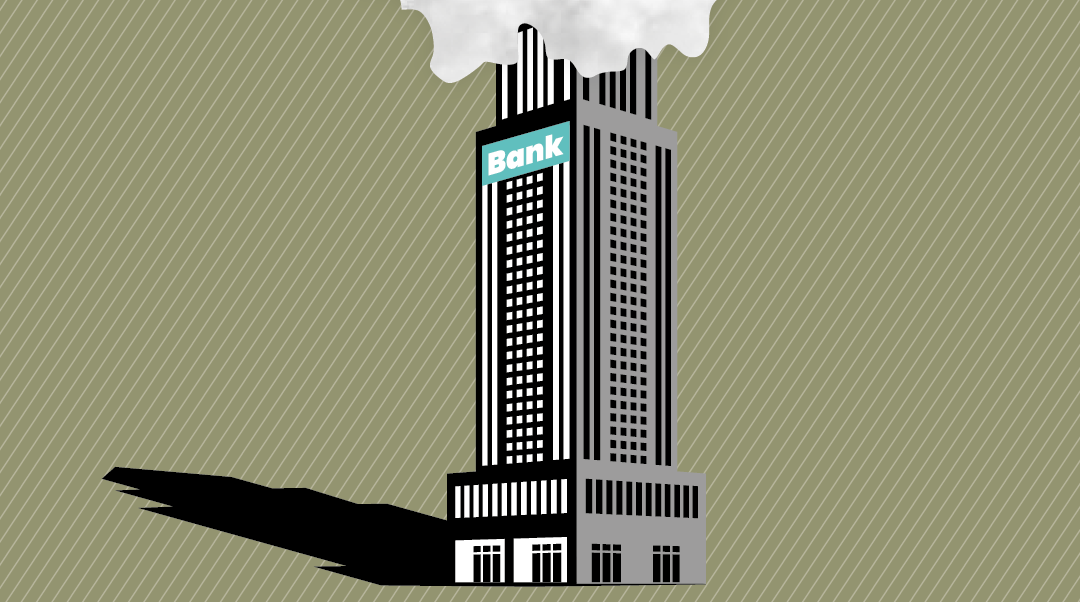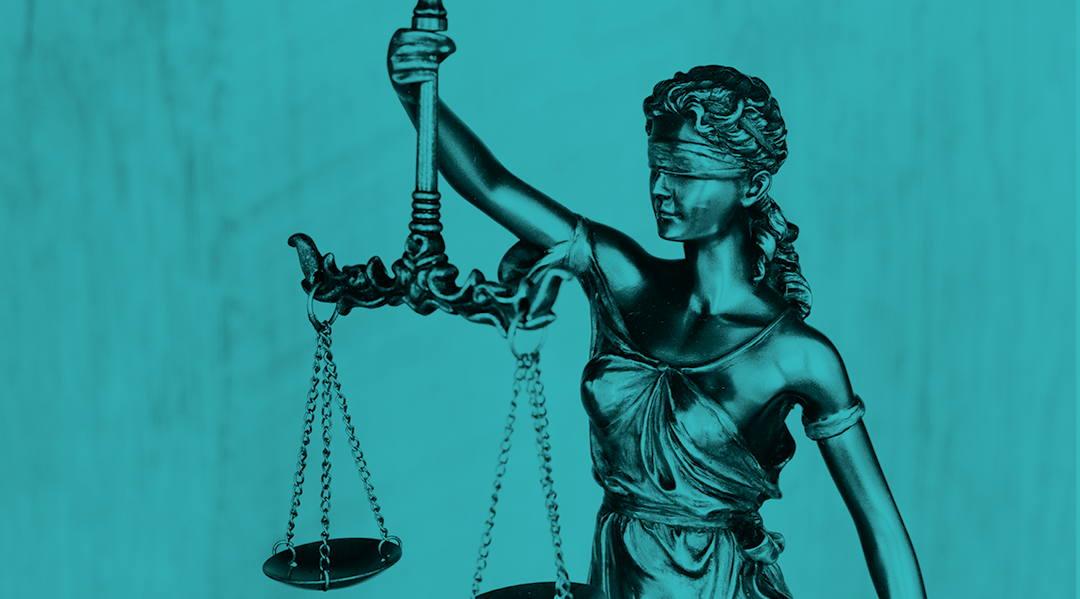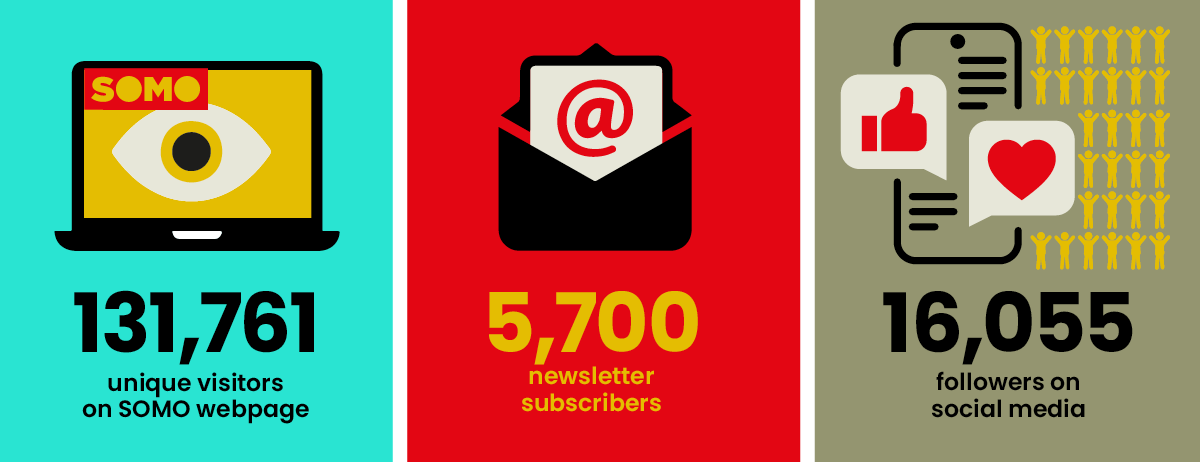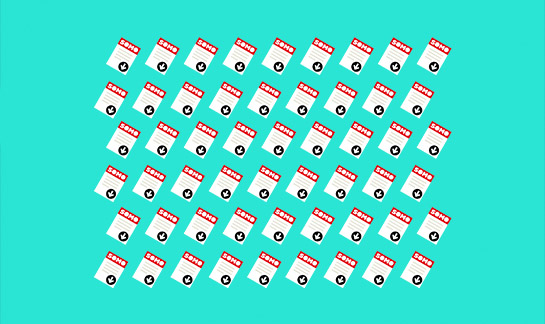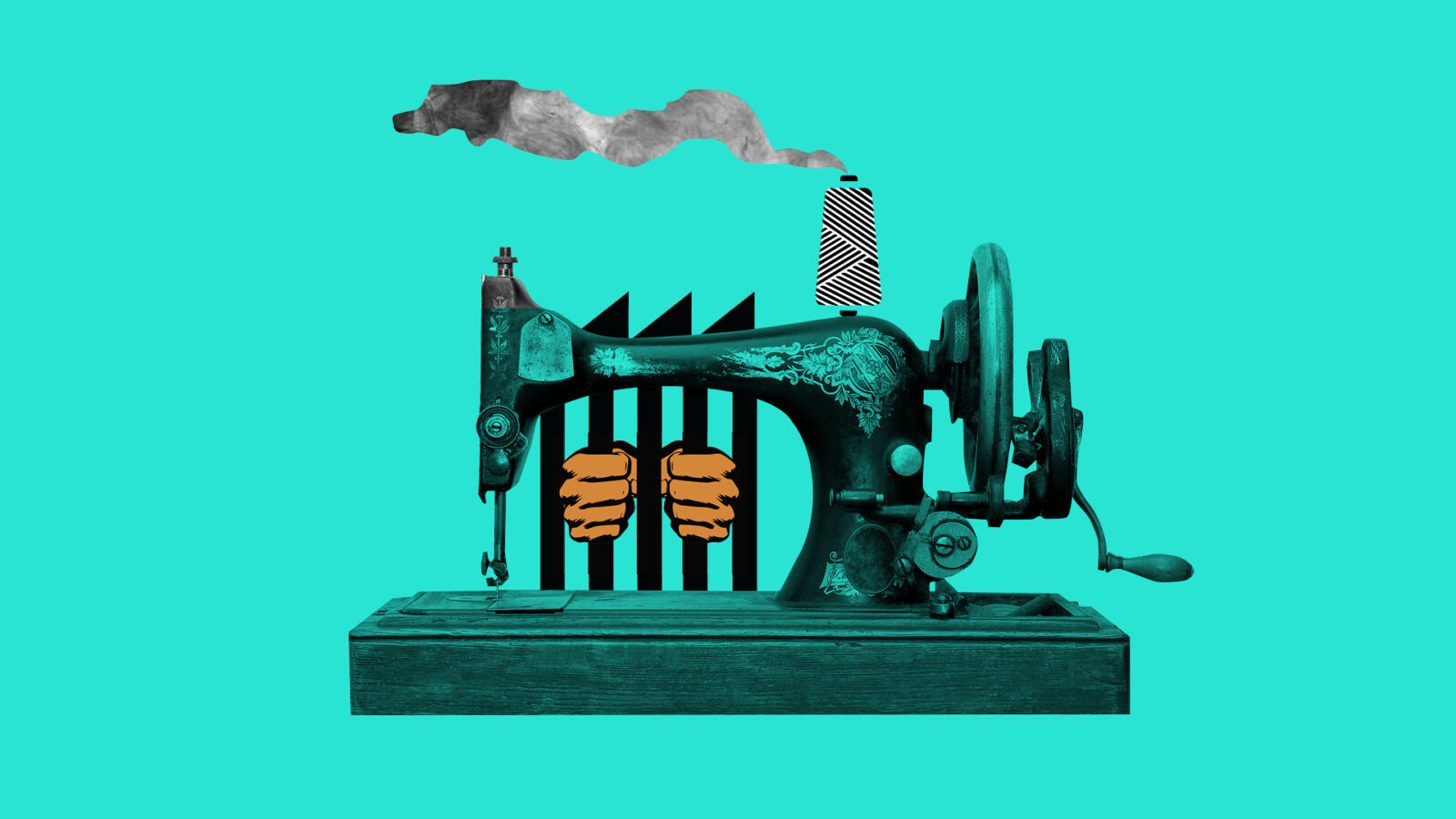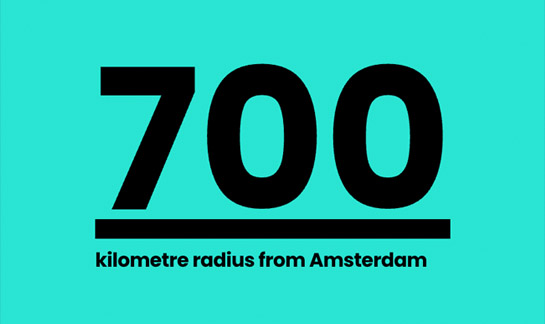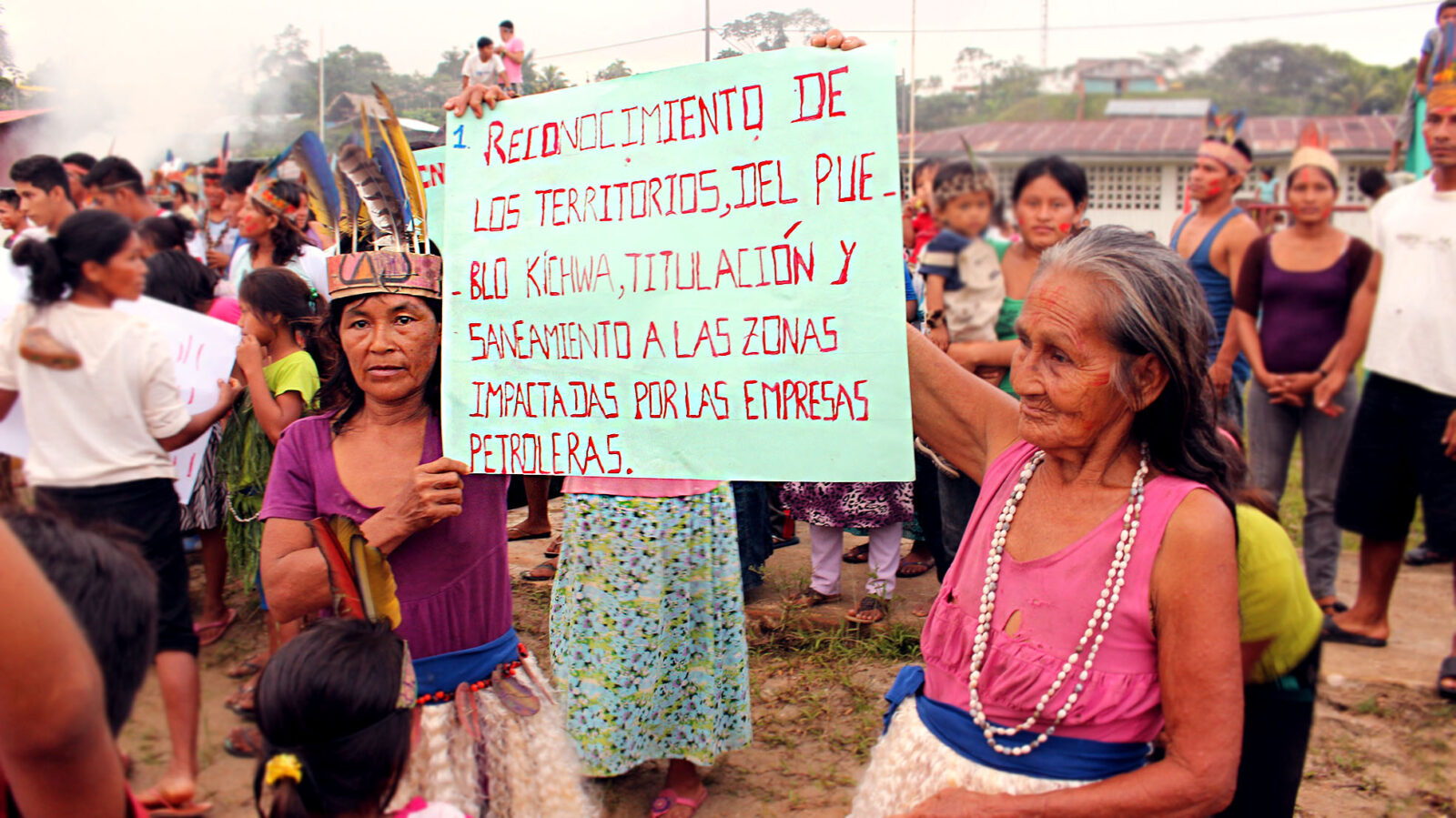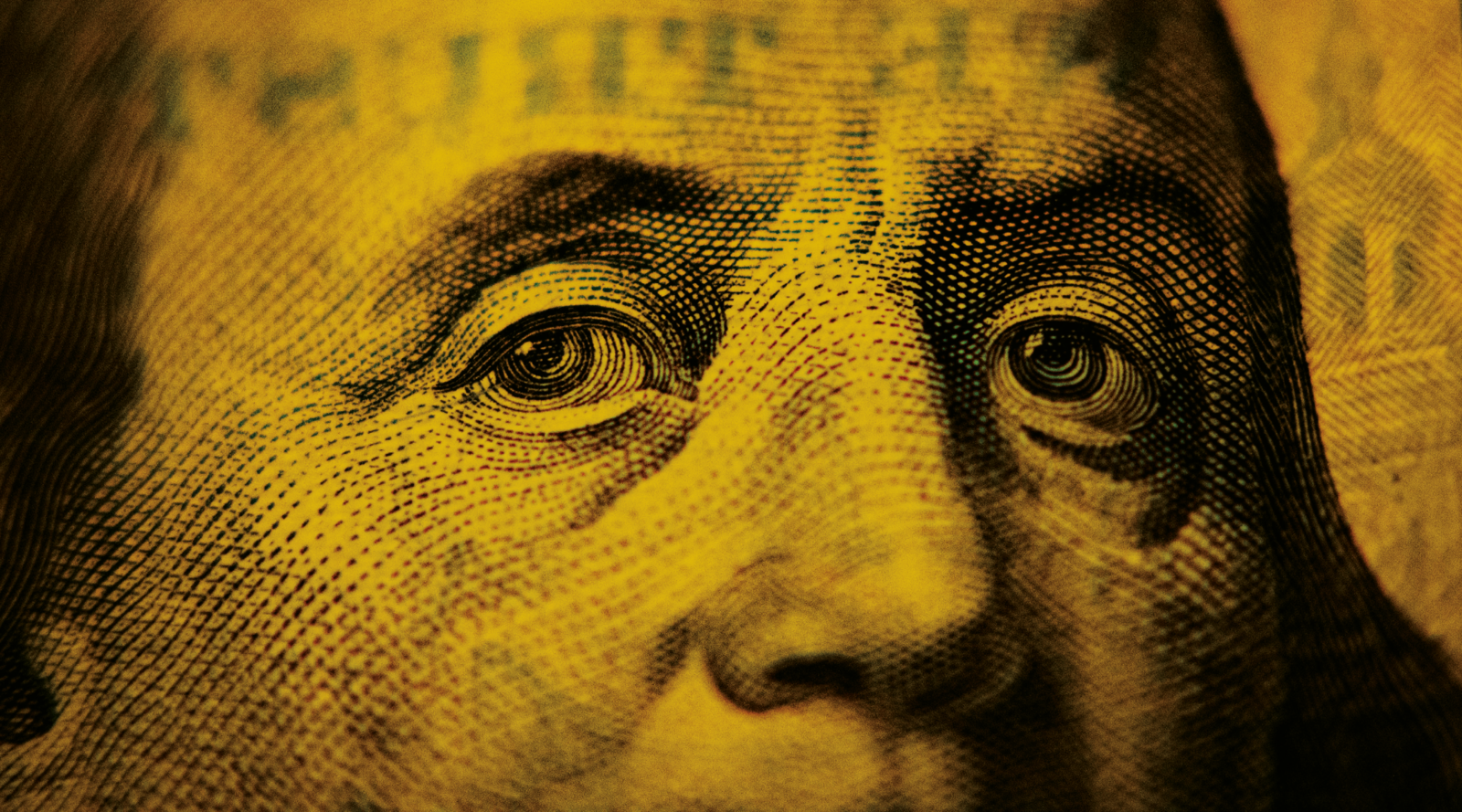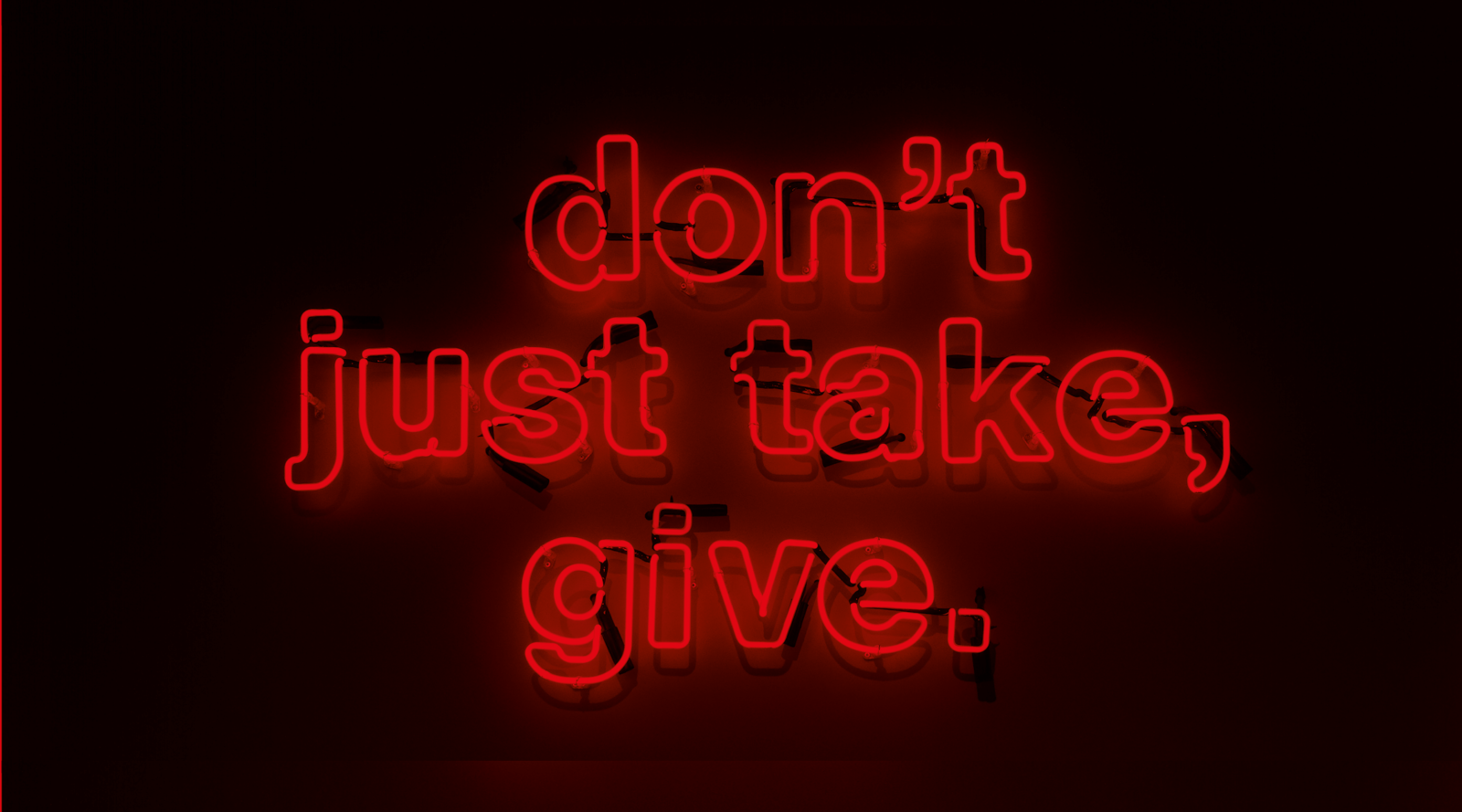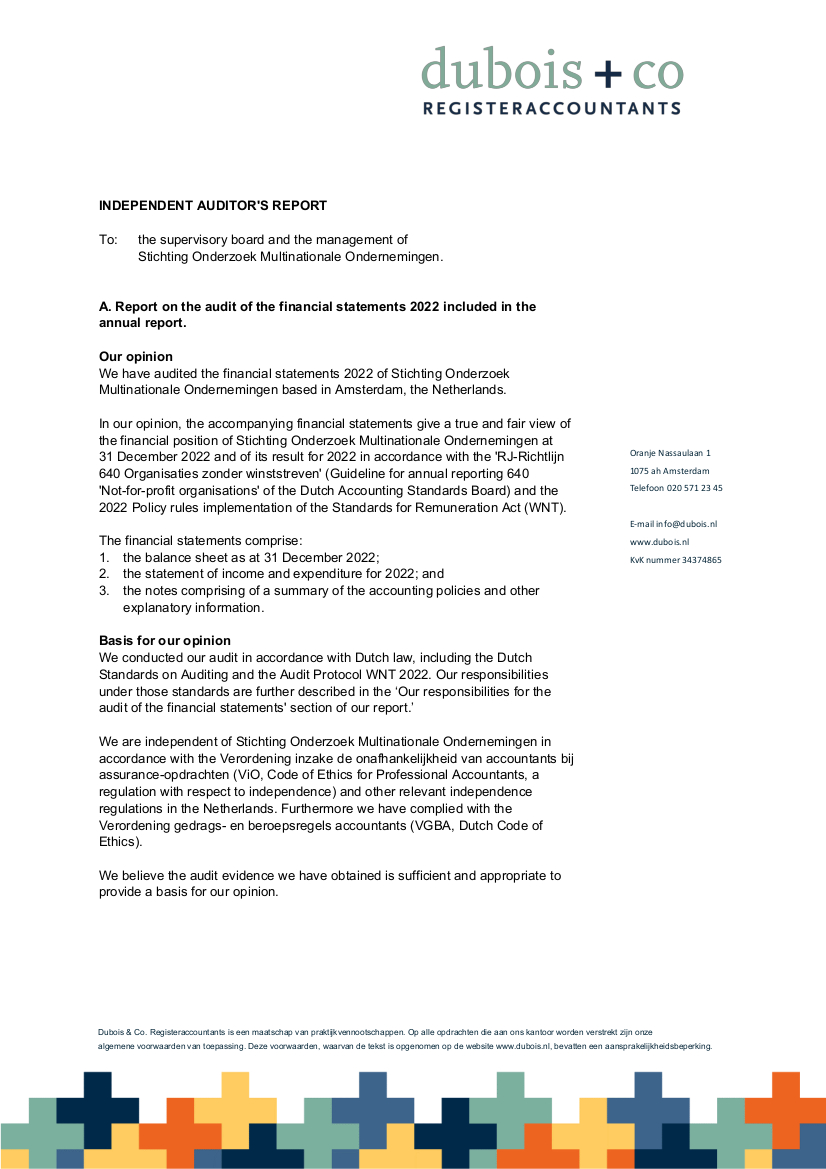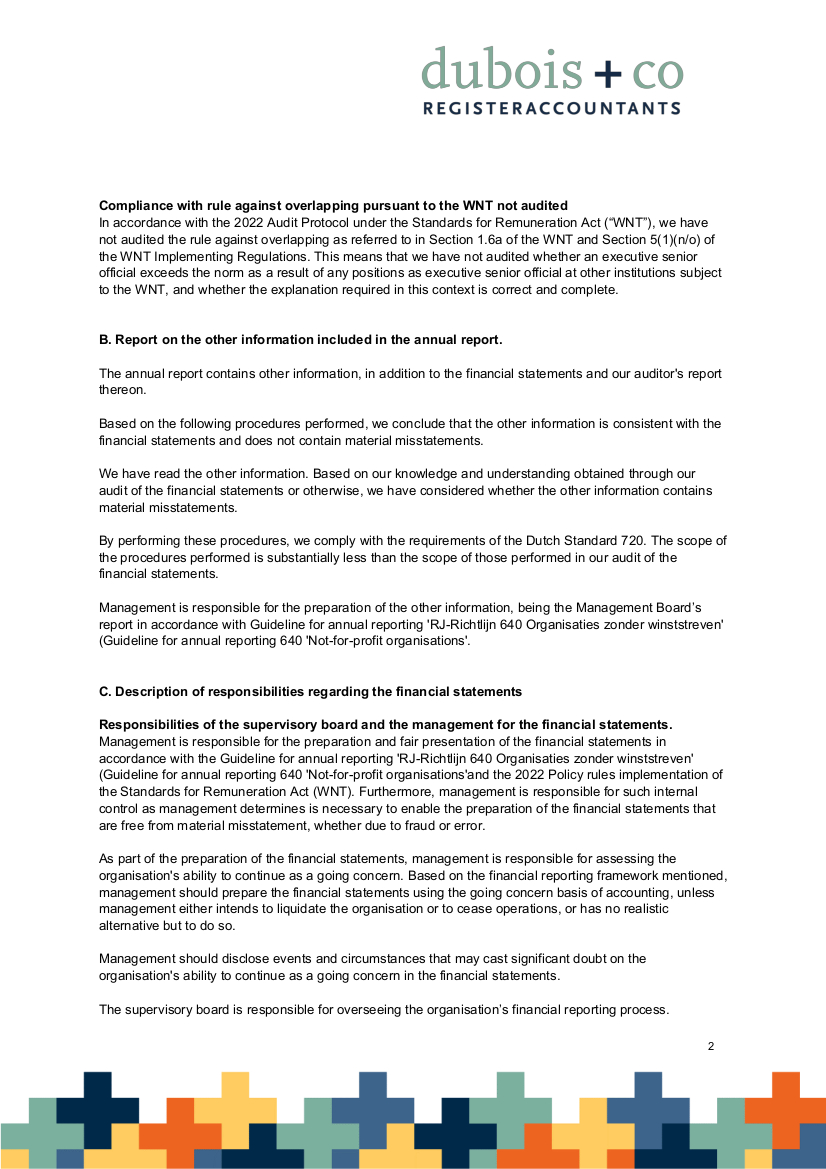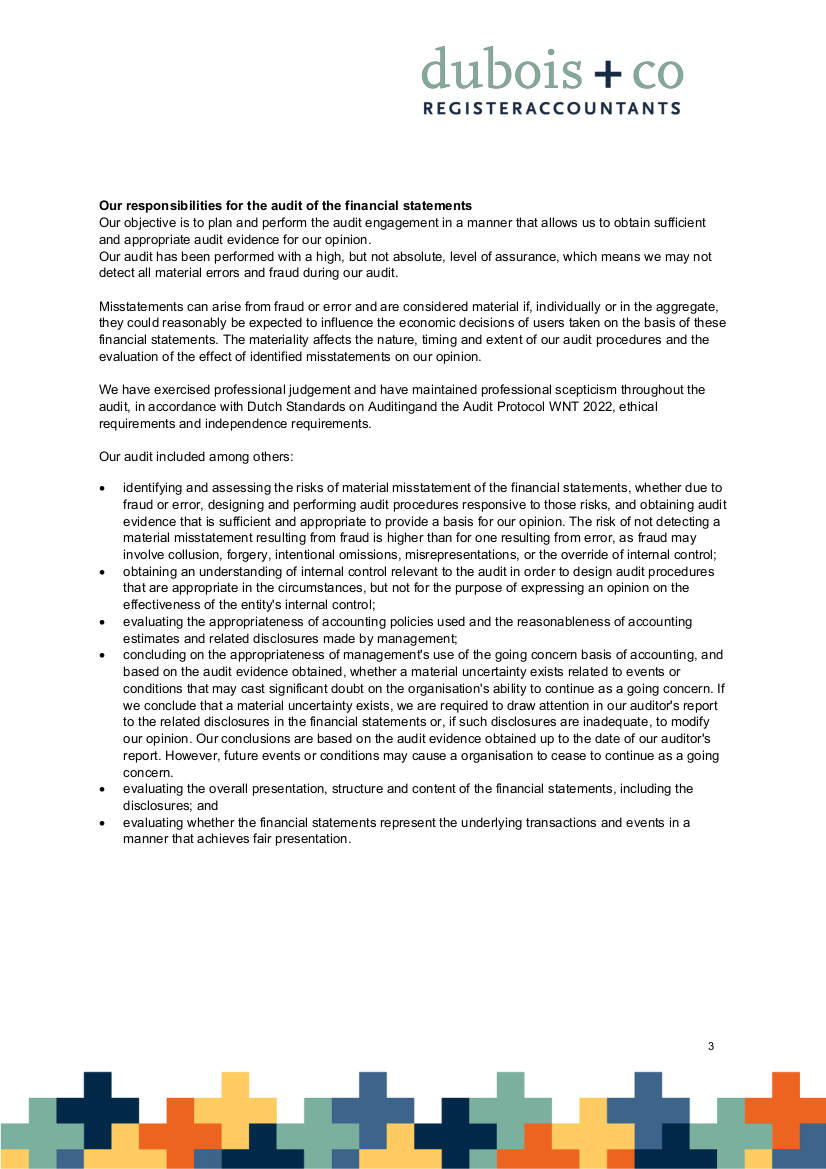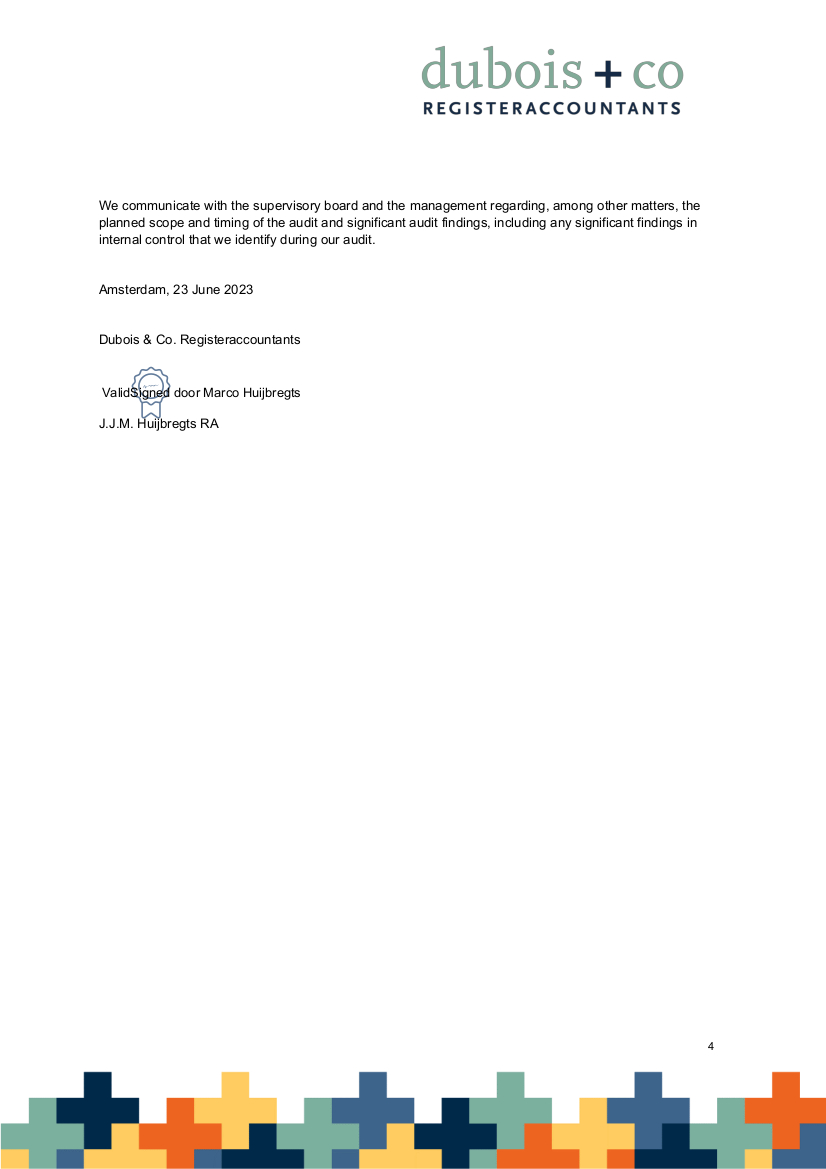Protection des Écoregions de Miombo au Congo
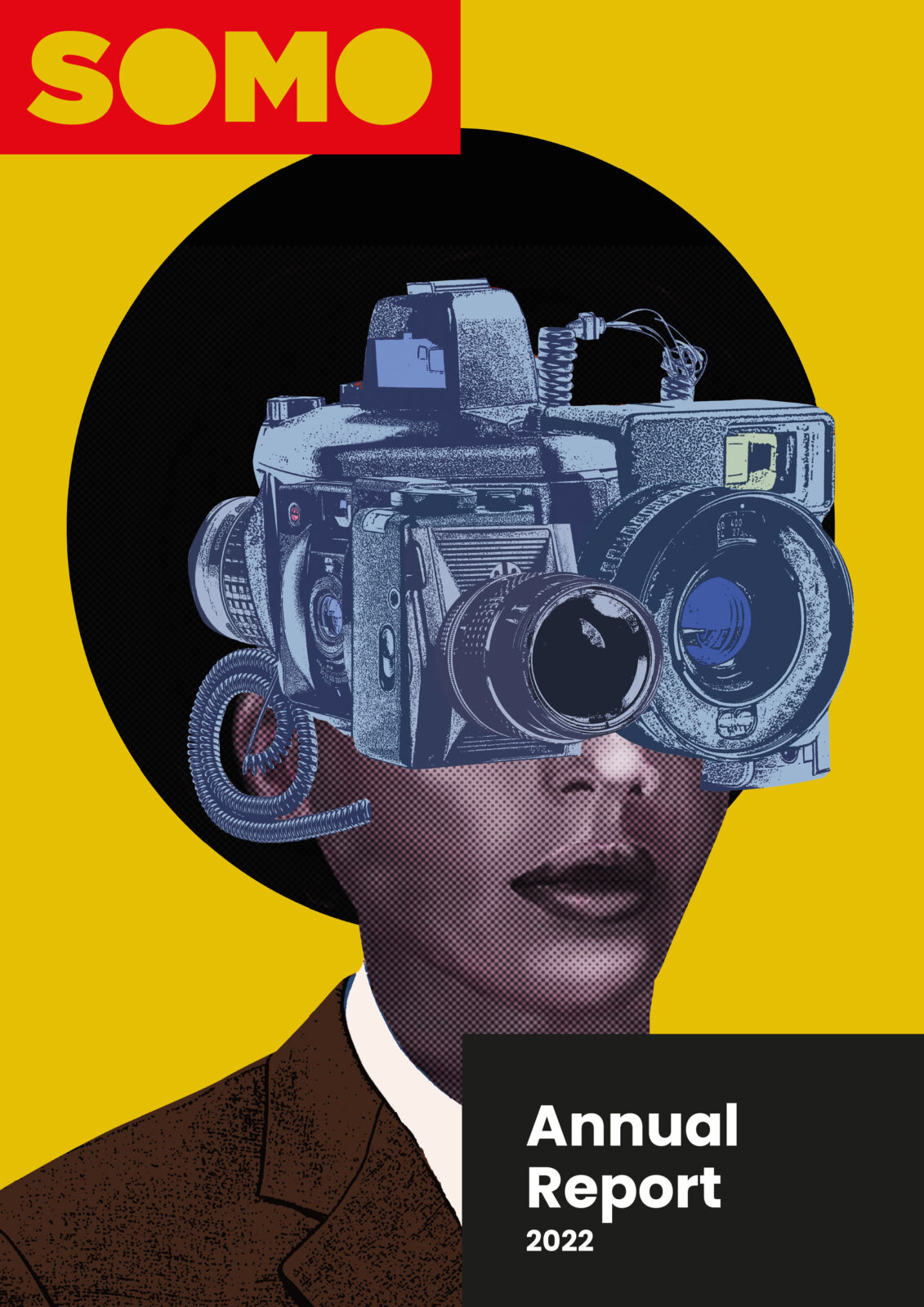
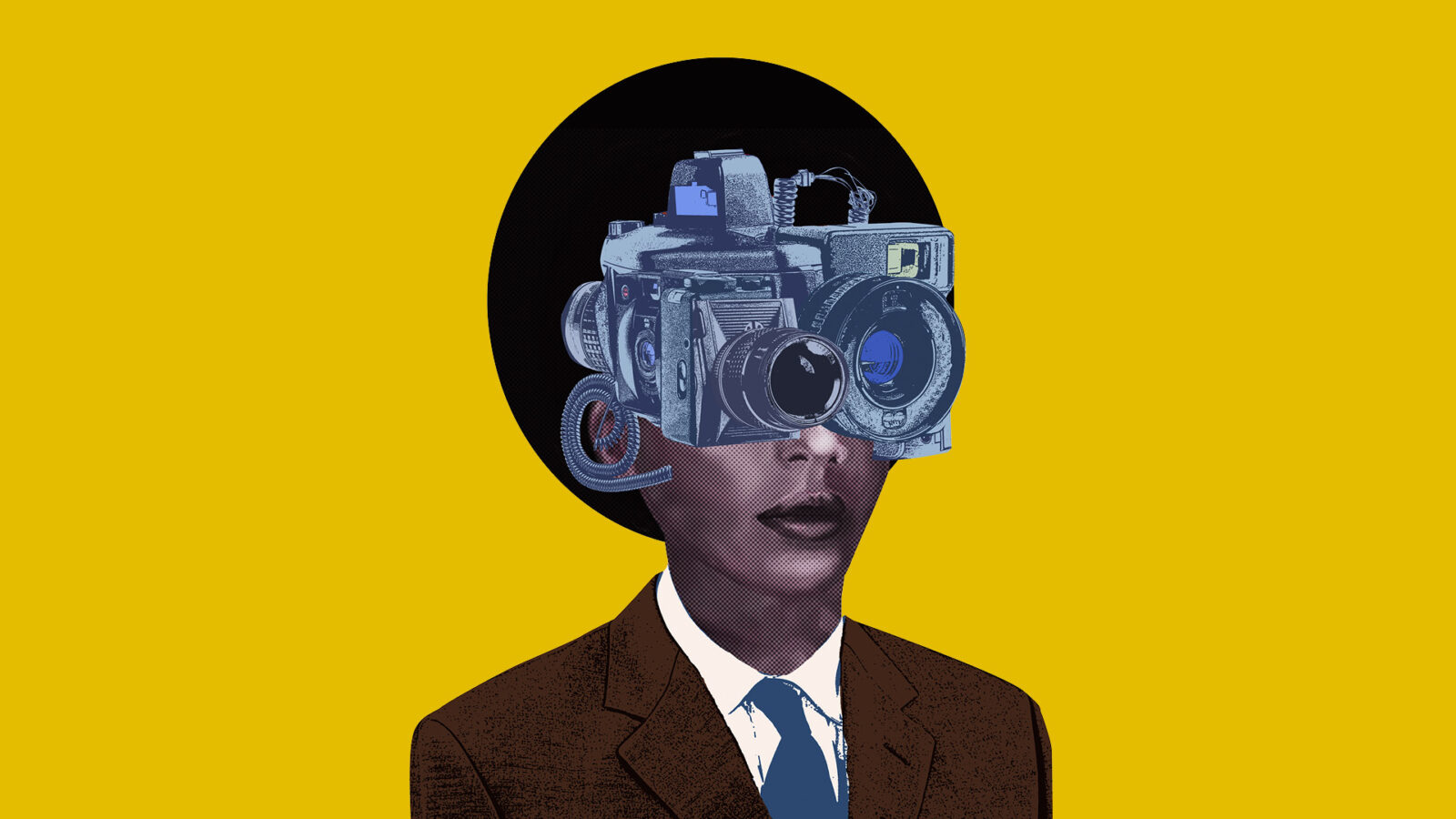
 Audrey Gaughran, Executive Director SOMO
Audrey Gaughran, Executive Director SOMO
Radical system change is possible
The global economy is once more going through turbulent times: geopolitical rivalries and trade wars between major economies loom large; authoritarian regimes are on the rise; global aggregate debt levels are hitting new records; and rapidly rising energy and food prices are deepening inequality in countries around the world. Political action to meaningfully address the climate emergency and ongoing loss of biodiversity remains frighteningly weak.
Against this backdrop, the demand for radical change is growing and the voices calling for it are joining forces, pooling resources and becoming stronger. SOMO is part of this growing movement, calling for deep changes in the global economy. We believe an essential element of the change needed is eradicating the dominant corporate logic of ‘maximizing shareholder value’ or extracting as much profit as possible out of a company for shareholders. This is almost always at the expense of workers, communities or the planet. Despite this, in most companies globally it remains the key determinant for measuring a CEO’s success – not whether a corporation delivers high-quality goods and services that are produced in environmentally sustainable ways and under fair labour conditions, but has the company increased value for shareholders. Maximizing shareholder value is much easier to do for multinational companies (MNCs): they have a largely unregulated global arena in which to minimize costs and extract maximum value to create wealth for their owners or patrons.
MNCs have become vehicles to enable the domination and oppression of nature and people for the benefit of a small group of elites. Comparisons with their colonial-era antecedents like the British East India Company and Dutch East Indies Company, where merchants came together to exploit the resources of other regions of the world, may appear far-fetched but they are not. These companies played a key role in the expansion of colonialism, doing what MNCs still do today: leveraging the power of their home states to ensure access to the wealth of other countries. For centuries, this was often done through brutal oppression, sometimes with armies. Today, the approach is usually (though not always) more refined, accomplished via an edifice of deeply inequitable trade and investment laws that institutionalise and legitimise the economic dominance of powerful multinationals and states. Worse still, countries have even been convinced that they need to make themselves attractive to their exploiters. Almost all measures recommended to ‘attract foreign investment’ are measures that multinational companies want – from tax breaks to the removal of environmental and labour protections.
The world’s greatest and most pressing problems will not be solved with any justice and equity if the MNC construct is not radically and fundamentally changed. Efforts of civil society organisations working on corporate accountability have largely focused on trying to make companies behave better. Such efforts – and SOMO is part of some of them – are certainly important, but they do not suffice. Time and again we see that laws to change corporate behaviour are watered down, and regulators are starved of resources or captured by corporate interests. Efforts to get the cost of abusing people and nature factored into the business bottom line make the fatal mistake of agreeing that everything has to have an economic value or it is not worth respecting. The intrinsic worth of people and nature should never be given up to the altar of economics.
If we keep focusing on the symptoms and superficial treatments, we will never deal with the root causes or advance meaningful, and workable, alternatives to the current system. And we should be clear –meaningful alternatives will strike at the heart of neoliberal capitalism. We cannot solve the MNC problem within the current system. We need to dismantle it painstakingly and rebuild simultaneously.
Of course, our goals can appear idealistic and simplistic, and herein lies the challenge for civil society organisations and the academics with whom we work. The neoliberal system in which we live has wrapped its tentacles so completely around us all that any efforts to cut free will hurt millions, possibly billions, of people. Substantial parts of the economies of whole countries, from Ireland to Mauritius, have been built on enabling abuse and exploitation by MNCs. The livelihoods and pensions of people around the world are tied up in the system. Dismantling it will affect many, and the poorest and most vulnerable most of all. Unless there are vast safety nets, and a clear plan, replacing the system will harm a lot of people. We need a revolutionary kind of evolution, one where we first plan for, then deliberately cause, a major disruptive event.
Civil society must seize the agenda, articulate the plan and safety nets needed, and work for what will be laughed at, scorned, and denounced by policy makers, business leaders, and other elites. We have become too comfortable being at the table. We are, at times, part of the system, playing our appointed role. We have made the system too comfortable. We must find a new path: one that is not part of the system, and yet cannot be ignored by it.
This is at the core of SOMO’s mission. In this annual report we describe the work we have done in the last year, including some of our modest but important successes, such as when several European countries pulled out of an investment treaty that protects the fossil fuel industry (see the section on the Energy Charter Treaty) after SOMO, together with others, vigorously campaigned against accepting half-hearted reforms. This pushing back on false ‘solutions’ and demanding more profound change, marks an important milestone in the larger struggle for economic justice, to which we are fully committed.
The big fights for justice always seem crazy and impossible at the start, and sometimes for many years afterwards. But they are always the ones worth fighting. We know our options: radically change our economic system, or acquiesce in the destruction of critical ecosystems, and let millions die in climate chaos so MNCs can continue to make money for shareholders… which option is the more crazy?
There is a growing body of civic activists, NGOs, and academics working for radical change to the economy and the role of MNCs. SOMO is among them.
Publications
Long reads

Partners
Alliances and partnerships are critical to advance an agenda for fundamental change. Playing our role within an international ecosystem of like-minded actors is central to SOMO’s theory of change and our core values.
Much of our work is done as part of long-term partnerships, through joint research projects or with research by SOMO that supports activism and campaigns of partner civil society organisations (CSOs). We play an active role in numerous networks and host several international networks. We are committed to sharing knowledge, learning from others, and contributing to a transformative and justice-focused agenda. In 2022 we worked with partners from Europe, Asia, Africa, Latin America, and the MENA region. Many of these partnerships are long-standing, reflecting shared goals and joint work over several years.
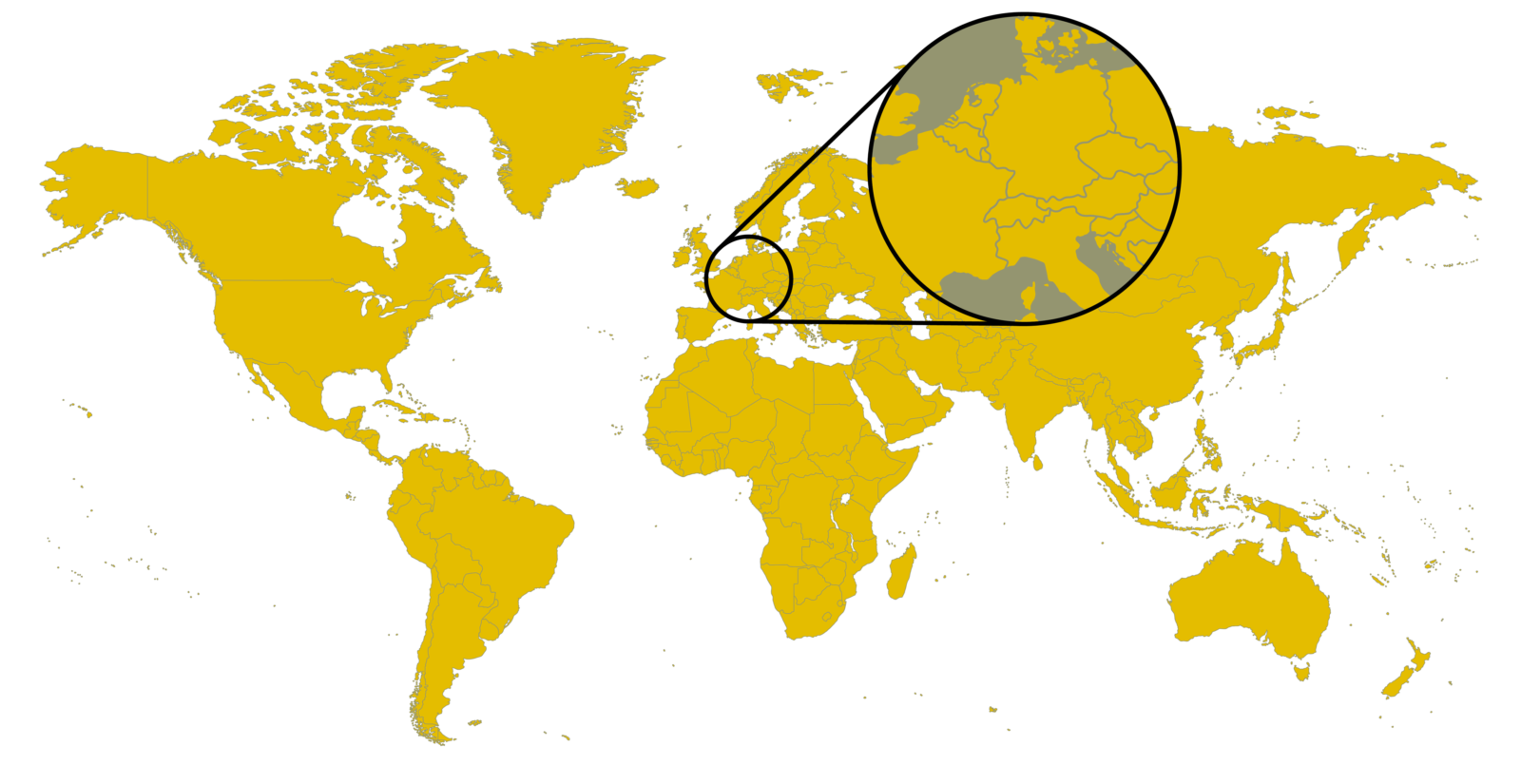
Protection des Écoregions de Miombo au Congo
Action Labor Rights
ARISA
Action Against Impunity for Human Rights
InKrispena
Südwind
Al Haq
Civil Initiatives for Development and Peace
Conectas Direitos Humanos
INKOTA
Foundation for the Development of Sustainable Policies
African Resources Watch
Bangladesh Labour Foundation
Madhyam
Asociación Interamericana para la Defensa del Ambiente
National Organization for Working Communities
European Coalition for Corporate Justice
Community Empowerment and Social Justice Network
Asociación Montelimar Bendición de Dios
Fédération International des Droits de l’homme
Project on Organizing, Development, Education and Research (PODER)
Center for Environment, Human Rights and Development (CEHRD)
Action Labor Rights
ARISA
Action Against Impunity for Human Rights
InKrispena
Südwind
Al Haq
Civil Initiatives for Development and Peace
Conectas Direitos Humanos
INKOTA
Foundation for the Development of Sustainable Policies
African Resources Watch
Bangladesh Labour Foundation
Madhyam
Asociación Interamericana para la Defensa del Ambiente
National Organization for Working Communities
European Coalition for Corporate Justice
Community Empowerment and Social Justice Network
Asociación Montelimar Bendición de Dios
Fédération International des Droits de l’homme
Project on Organizing, Development, Education and Research (PODER)
Center for Environment, Human Rights and Development (CEHRD)
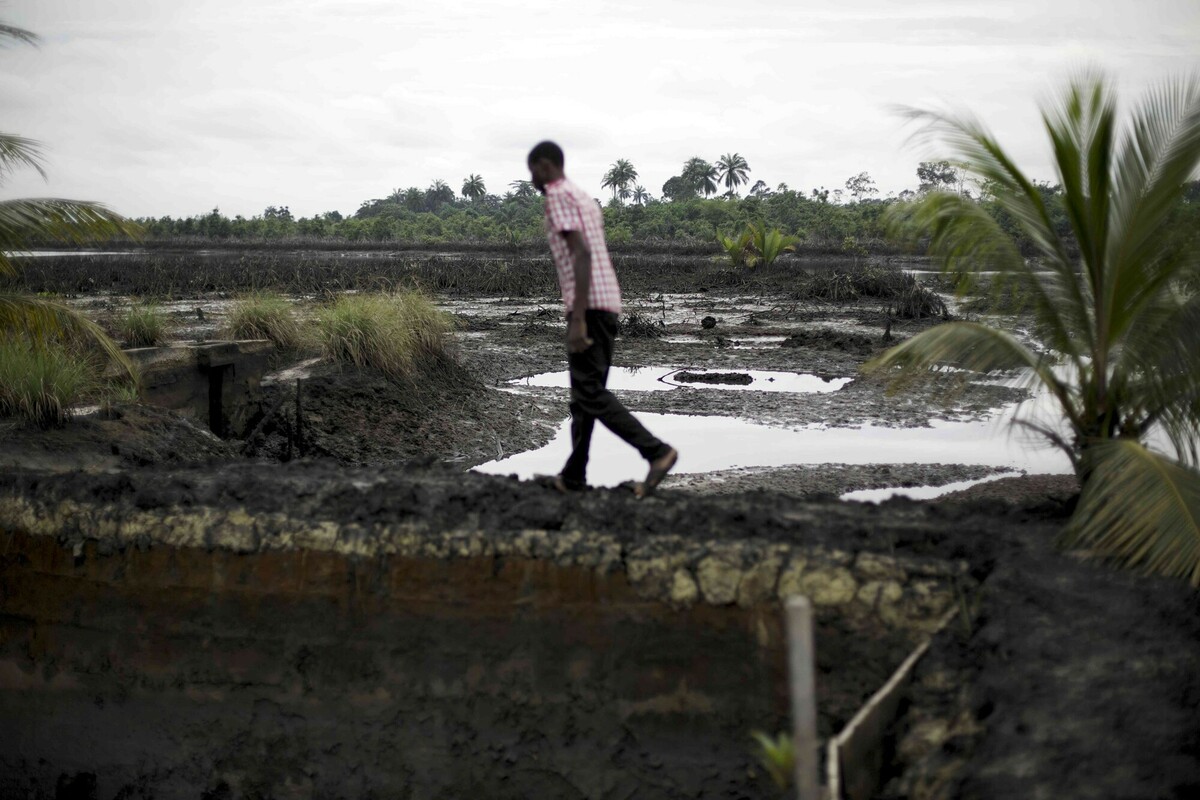
Partner Profile
Centre for Environment, Human Rights and Development (CEHRD)
CEHRD was founded on August 15, 1999 by a group of conservationists, environmentalists, activists, and health workers in the Niger Delta region of Nigeria. The organisation was set up to respond to the serious problems plaguing the oil rich region, including widespread pollution, ill health and underdevelopment. CEHRD runs a range of programmes working directly with communities in the oil producing areas. The organisation also works with international allies, including SOMO, to challenge the negative impact of oil companies on the health and rights of the people of the Niger Delta. This includes investigations into oil pollution, supporting communities to seek justice through judicial remedy processes and advocacy with Nigerian regulators responsible for the oil industry.
As the European and US oil majors exit onshore oil production, for financial and climate reasons, CEHRD is working to ensure that they do so responsibly. SOMO and CEHRD have a partner agreement to work together on this issue.
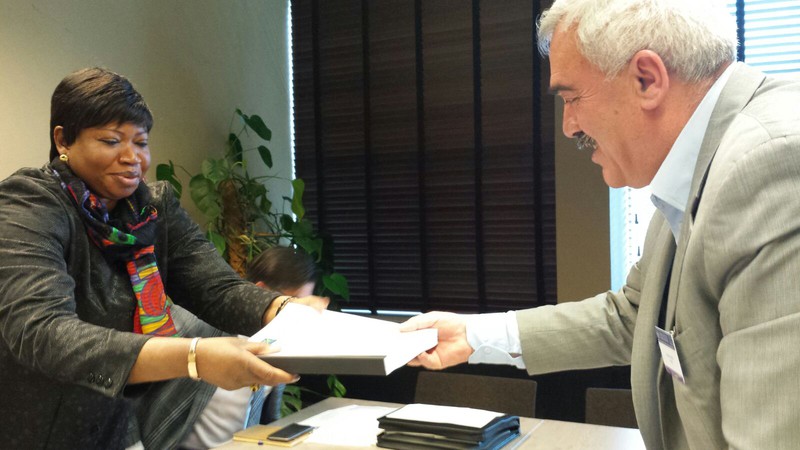
Partner Profile
AL Haq
On 18 August 2022, the Israeli military raided the offices of SOMO-partner and Palestinian human rights organization Al-Haq in Ramallah and six other civil society organisations. The raids were the latest escalation in the ongoing repression of Palestinian civil society by Israel. In 2021 Israel designated six of the NGOs – Al-Haq, Addameer, the Bisan Center for Research & Development, Defence for Children International-Palestine, Union of Agricultural Workers Committees (UAWC), and the Union of Palestinian Women’s Committees (UPWC) – as terrorist groups.
In July 2022, nine European countries, including the Netherlands, released a joint statement declaring that “no substantial information was received from Israel that would justify reviewing our policy towards the six Palestinian NGOs on the basis of the Israeli decision to designate these NGOs as ‘terrorist organizations’.”
SOMO is determined to continue its corporate accountability work with Al-Haq, and continues to lobby European and other governments to publicly condemn the designations and harassment of the affected organisations, and to increase support to them.
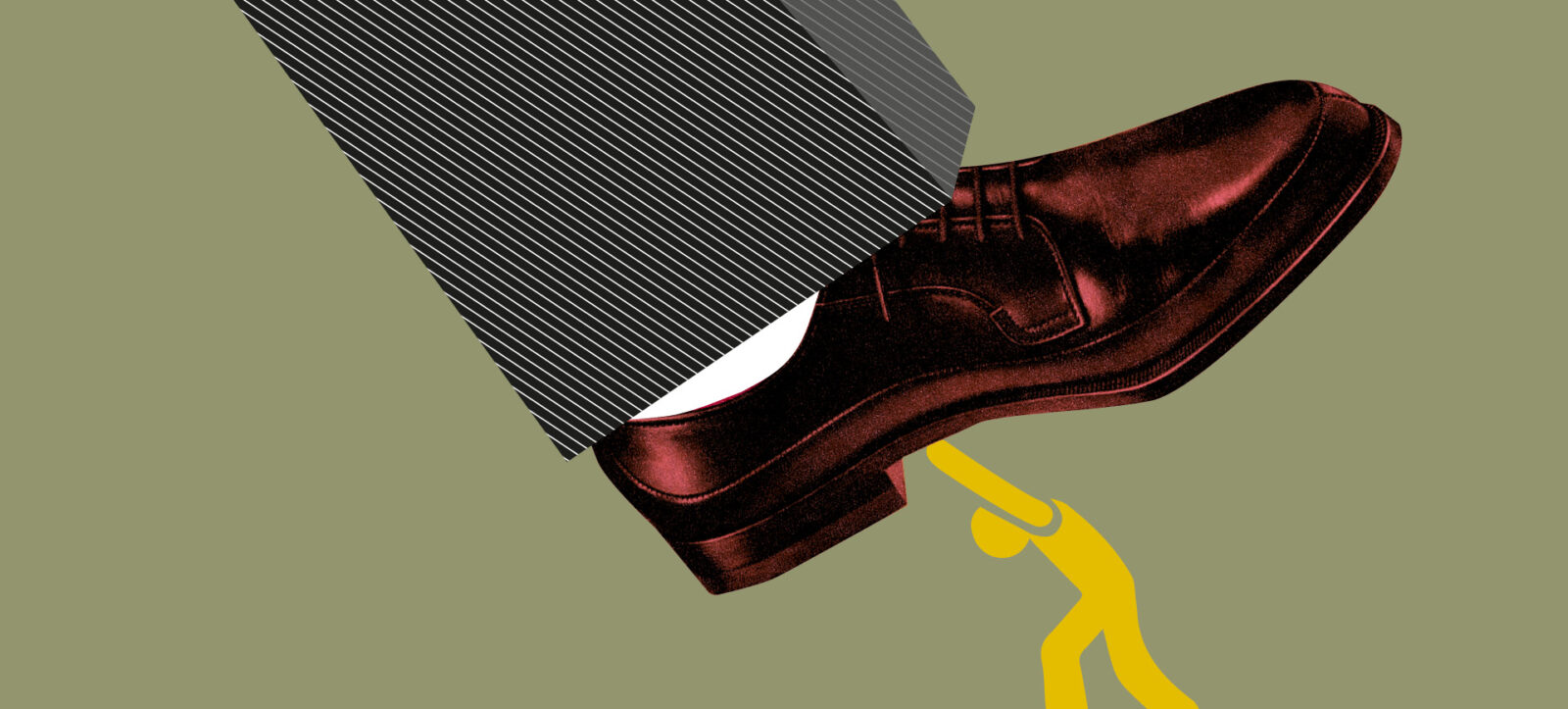
About SOMO
The Centre for Research on Multinational Corporations (SOMO) is a critical, independent, not-for-profit knowledge centre on multinationals. Since 1973 we have investigated multinational corporations and the impact of their activities on people and the environment. We also provide custom-made services (research, consulting, and training) to non-profit organisations and the public sector. We strengthen collaboration between civil society organisations through our worldwide network. In these three ways, we contribute to social, environmental, and economic sustainability.
SOMO’s Vision and Mission
We envision a global economic, political, and legal system that is equitable, democratic, transparent, and environmentally sustainable.
Organisation
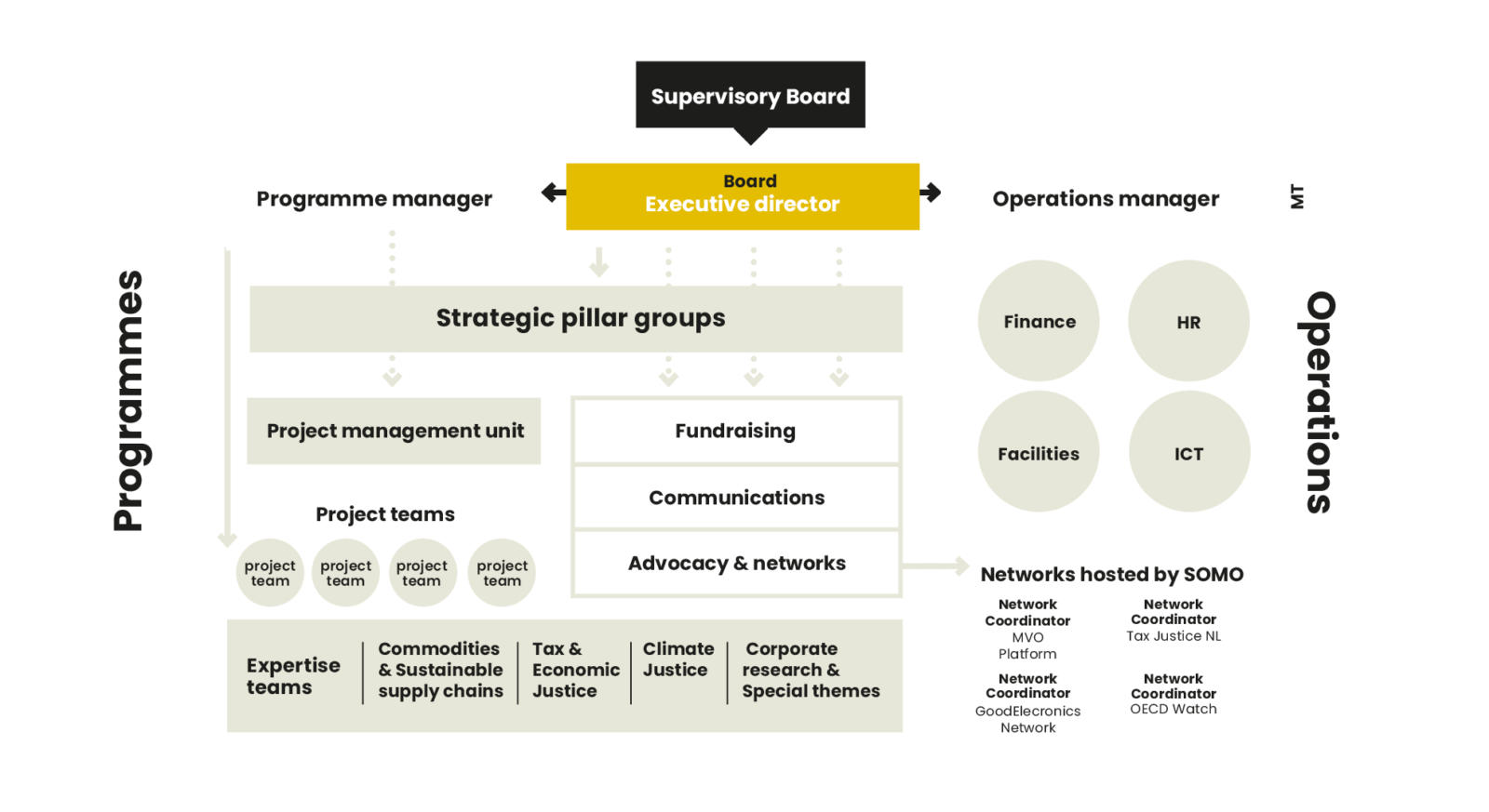
The outsized and harmful power of multinational companies and the structures that enable them stand in the way. A shift in power balance is urgently needed. To address this, SOMO investigates multinationals: we expose their impact, their structures, and the systems they operate in. We develop alternatives and carry out advocacy work.
We do that as part of a civil society movement in deep collaborations and alliances with partners all over the world, always seeing our role as part of an ecosystem of stakeholders. We deliver the knowledge that fuels far-reaching change.
Services
SOMO provides research, training, and advice to public interest groups and institutions, giving them the information and tools they need to achieve their goals. We design new corporate research methodologies and use diverse sources to shed light on corporate structures and strategies, global supply chains, financial flows, markets, and much more. SOMO’s corporate research specialists also provide research support to partners and colleagues, assisting them in answering questions, and mining and analysing data through financial terminals including Refinitiv Eikon, Orbis and LexisNexis.
Statutory bodies
